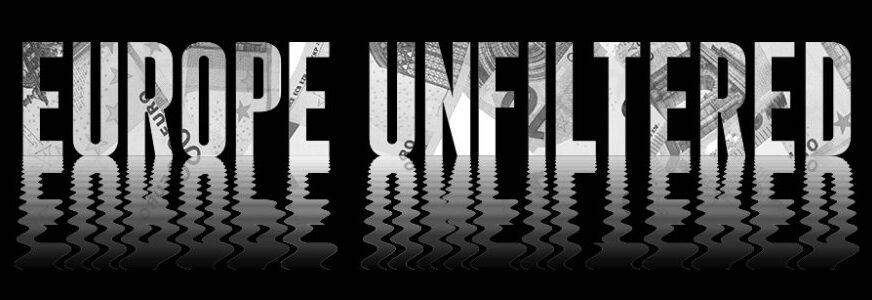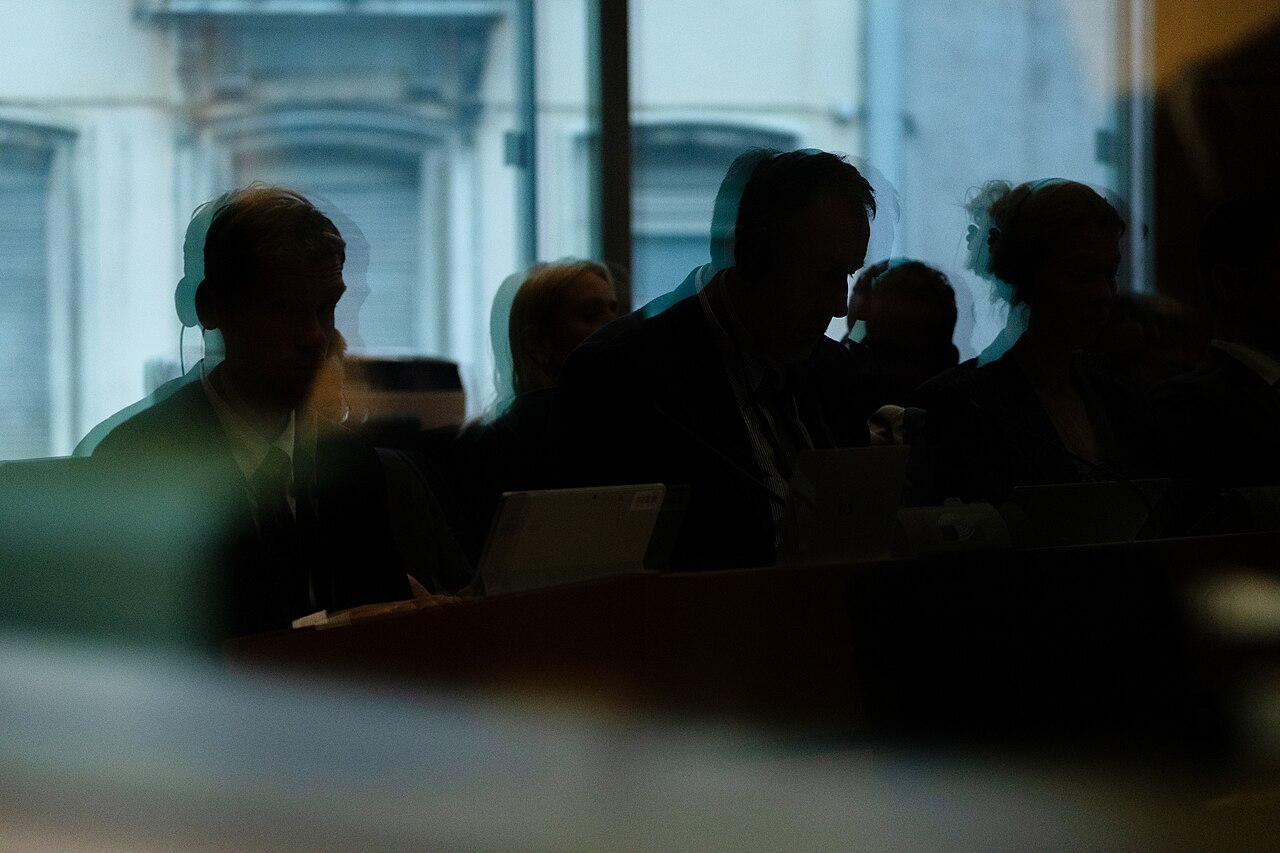The dust has barely settled over Qatargate, yet, the European Parliament was rocked by another scandal again.
The details are still patchy, but the bottom line is hauntingly similar.
On March 13, 2025, Belgian authorities raided several offices within the European Parliament and, at the same time, sealed off the headquarters of Chinese tech giant Huawei, along with 20 different addresses across Brussels and the country. Similar raids were carried out in Portugal, as well.
Five people were detained and four of them have now been arrested, being charged with, forgery of documents, corruption and involvement in a criminal organization. The fifth, currently released from custody, was charged with money laundering.
In response, the European Parliament announced that it was ‘fully cooperating’ with Belgian authorities and has banned lobbyists working for Huawei to enter its premises, ‘as a precautionary measure’. In this moment, the company has nine representatives accredited to the European Parliament.
Belgian media also reported about more than a dozen MEPs being on the detectives’ radar (without naming them).
There is also a link, even if a weak one, to Qatargate.
Co-founder of EU40 group Adam Mouchtar, a long-time official (assistant) in the European Parliament. Qatargate’s main actor, Eva Kaili was the president of said group.
Back in 2022, both Morocco and Qatar denied being involved in illegal activities. Now, Huawei declared that it took the graft accusations ‘very seriously’ and that it had a ‘zero-tolerance policy towards corruption and other wrongdoing’, being committed to ‘complying with all applicable laws and regulations at all times’.
Back with the Qatargate, it was over foreign states’ influence. Now, it’s about business.
It’s about lobby activities, either way.
Under the guise of commercial lobbying, Huawei employees or lobbyists allegedly paid money, financed travels or donated expensive gifts like food items or tickets to sports events, in exchange for certain political stances.
These channels had been functioning – undisturbed – for years, causing immeasurable damage both to the image of the institution and (very likely) to the budget of the EU, as well. The alleged corruption in the Huawei case had been going on since 2001, ‘very discreetly’ as the Belgian prosecutors put it.
In spite of the repeated calls for greater transparency and better monitoring of lobbyists.
In spite of the several thousand hours of work investigative journalists or experts vested into well written articles about the malpractices in the European Parliament.
One shouldn’t marvel too much, especially knowing that the Parliament’s chief anti-corruption warrior is Roberta Metsola – the same person whose husband was, surprise, also accused of illegal lobby activities and corruption.
In the wake of Qatargate, a wide range of ethics reforms were put into place: Metsola’s 14-point plan included many steps starting with preventing MEPs from accepting gifts and ending with putting in place an effective sanctioning system.
In its 2024 report, Transparency International called the proposed reforms ‘promising’.
In light of the latest scandal, the organization pointed at the failures of execution, claiming that the Parliament ‘failed to learn any meaningful lessons from its corruption scandals’.
It’s a euphemistic way to say that the Parliament’s ethics rules have more loopholes and gaps than your average Swiss cheese.
The director of Transparency International EU quickly drew parallels between the two cases, bashing the MEPs, ‘for too long, MEPs have taken a carefree approach to ethics and continue to exist in a culture of impunity. If MEPs want to protect the integrity of the Parliament, they need to bring about swift, wide-ranging and substantial ethics reform’.
If anything, many MEPs are fighting tooth and nail to avoid scrutiny.
Barely a year ago, the EPP called all MEPs to vote against the ‘Independent Ethics Body’, claiming that it was fundamentally flawed and was a ‘frontal attack on European parliamentarism’.
Ever since the idea first emerged (way before Qatargate, in fact), the group has been the leading force behind slowing down the implementation of a common ethics body. Its latest attempt was to reject the proposed EUR110,000 budget of the body.
Right now, it’s up to the inner moral compass of individual MEPs to guide them through the treacherous waters of lobby activities.
Until European voters get fed up with their hypocrisy, anyways.

